Insights
Get expert insights into cough science, monitoring and research
Get expert insights into cough science, monitoring and research
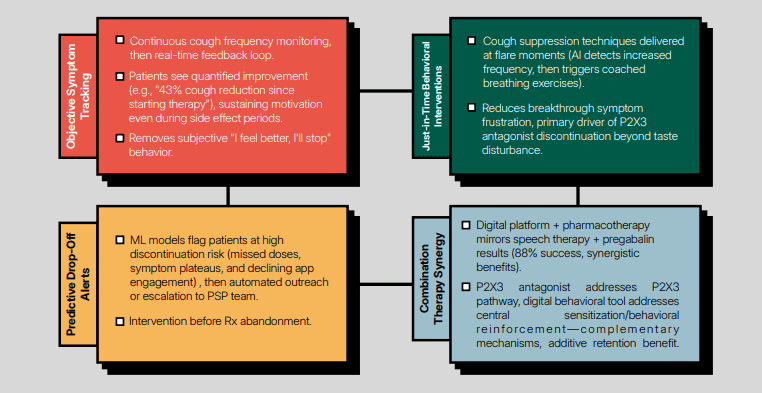






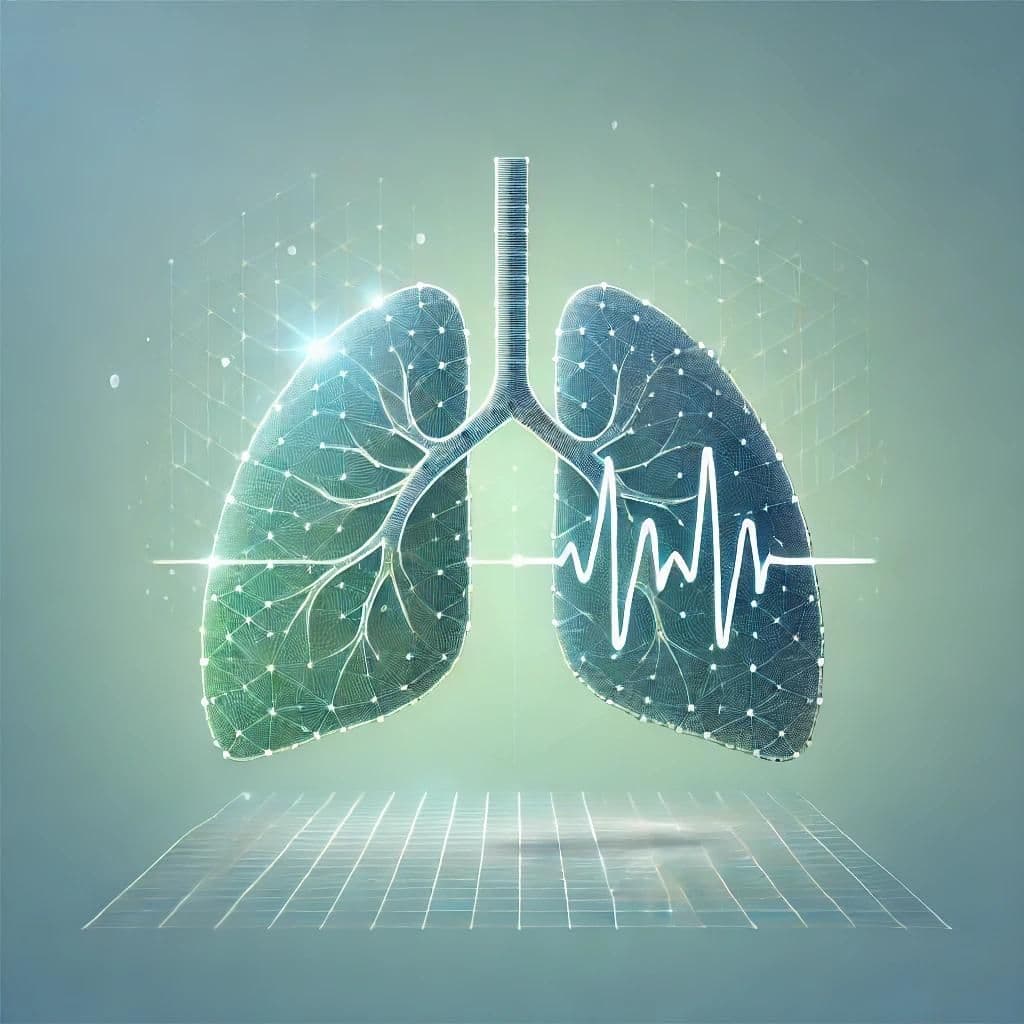
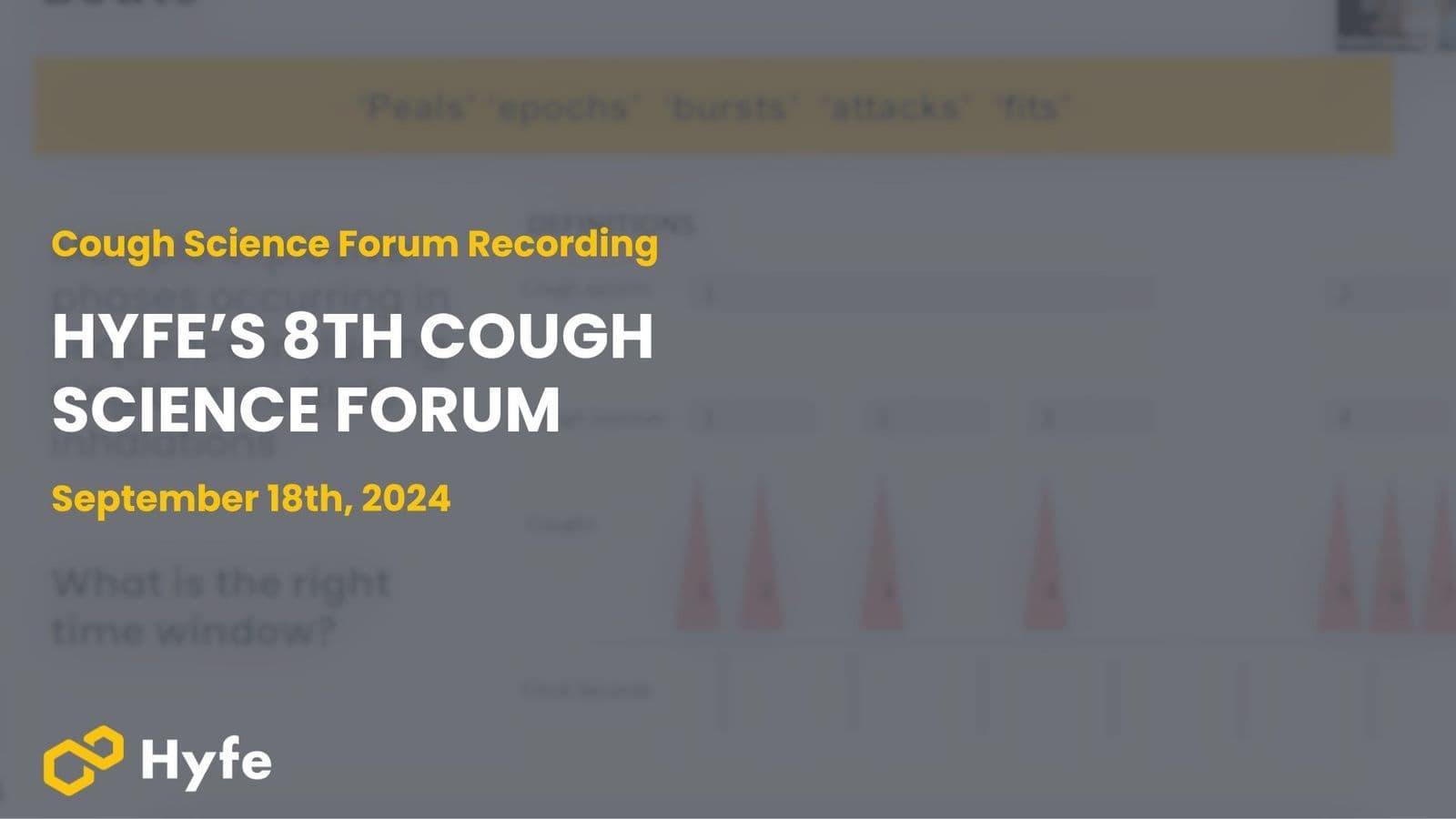







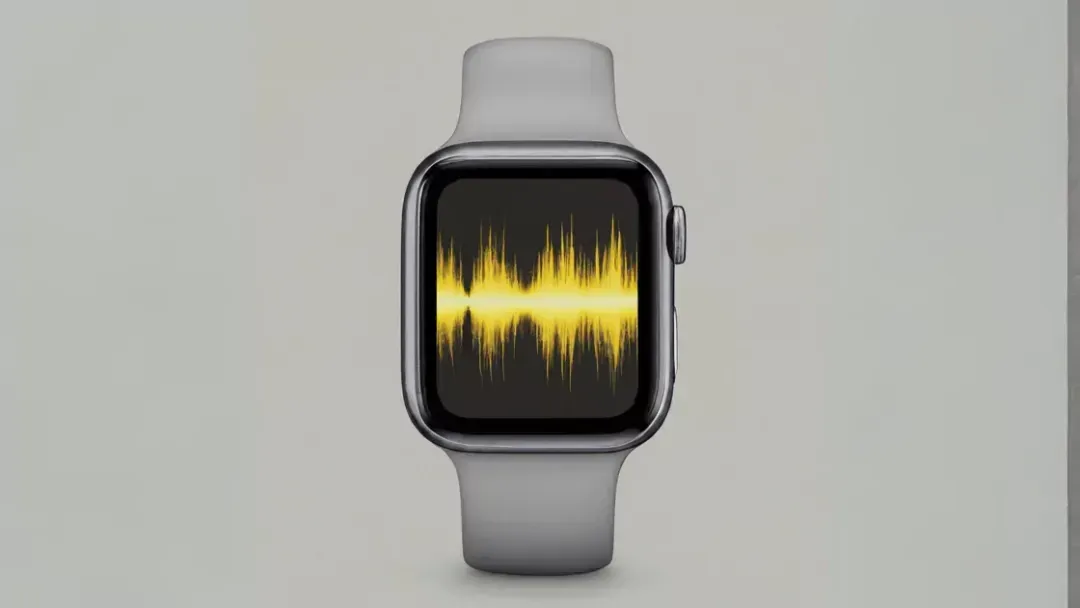
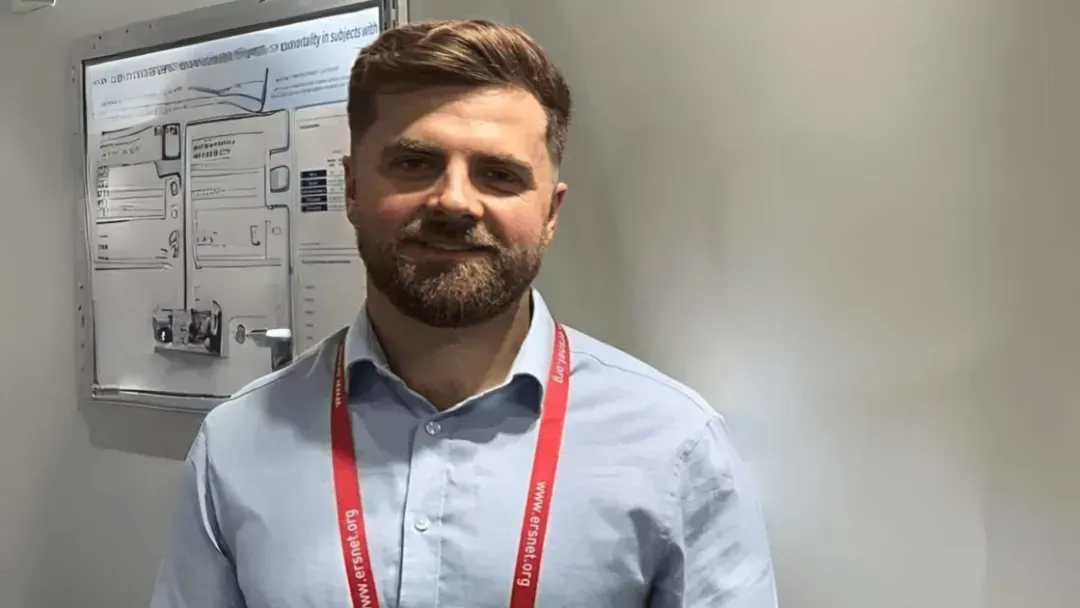
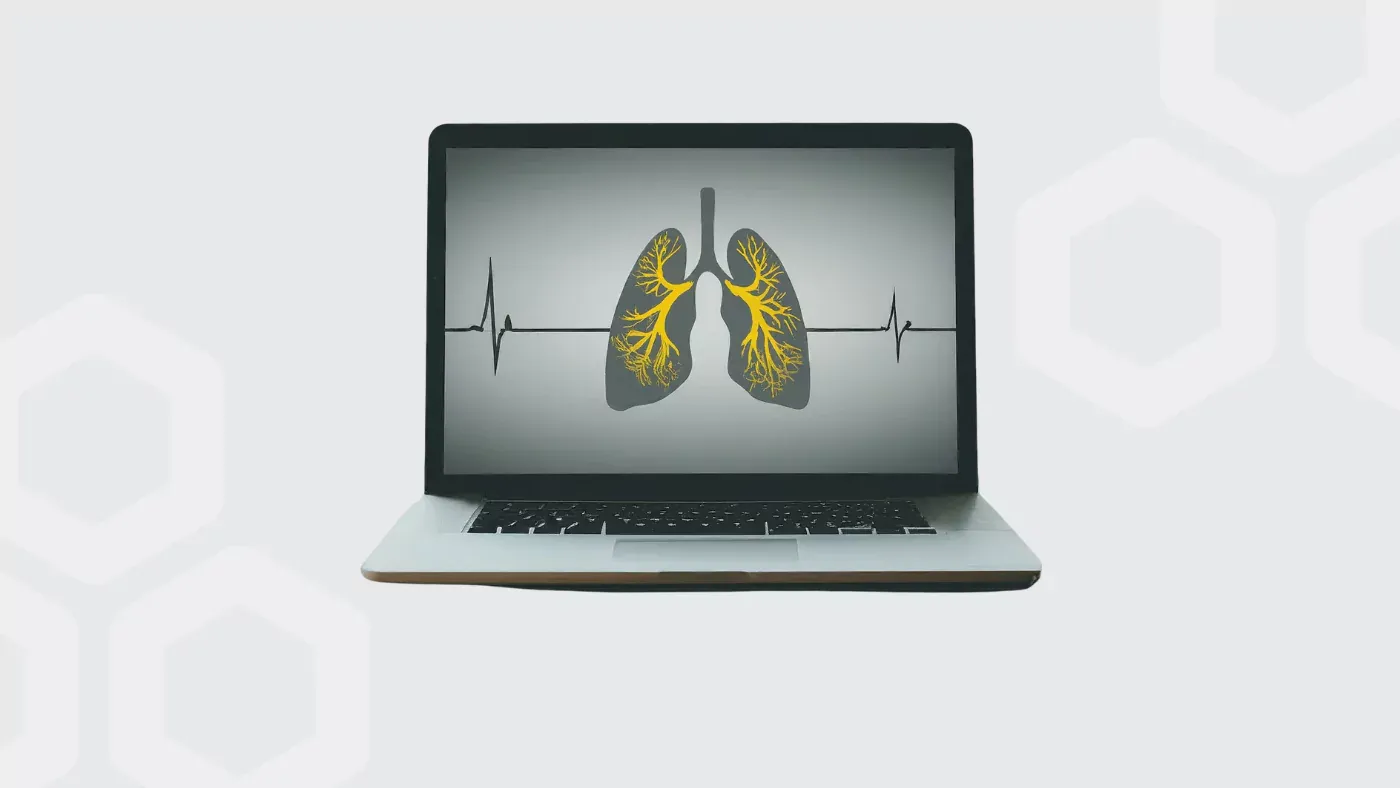
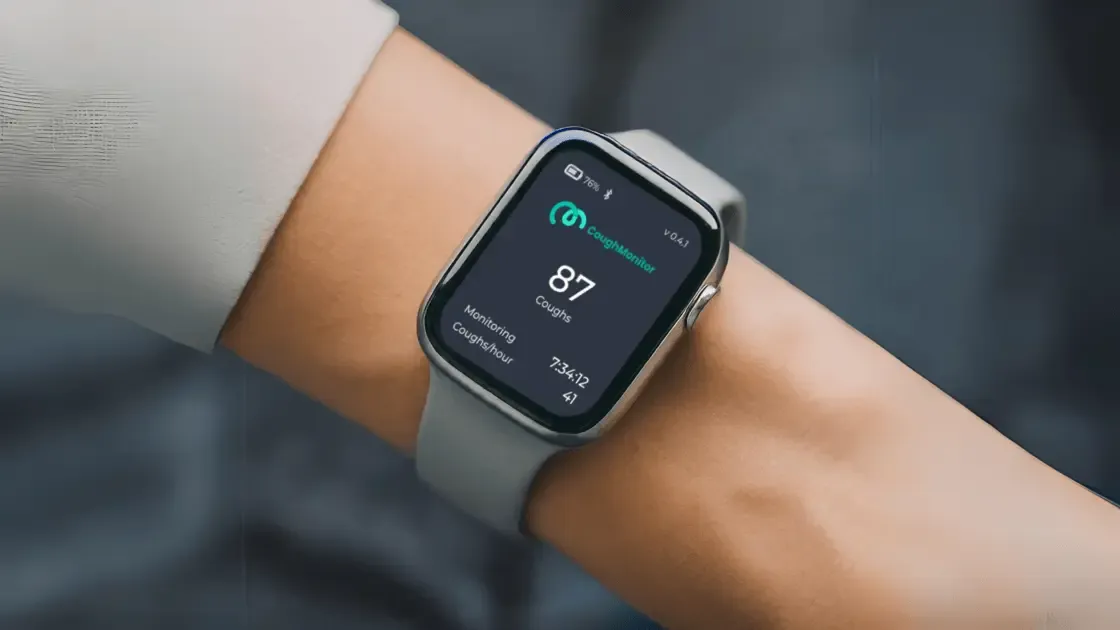

Alex Zimmer is a PhD student in epidemiology at McGill University. Her research interests focus on evaluating the public health impact of biomarkers and diagnostic tools for tuberculosis (TB) control.
At the beginning of my PhD in 2020, my thesis supervisors, Dr Madhu Pai and Dr Simon Grandjean Lapierre, proposed the topic of looking at cough as a biomarker for improving respiratory disease outcomes, which seemed innovative and pointed to a new era of digital health and artificial intelligence (AI)-based diagnostic methods.
My research focuses on exploring the application of cough as a biomarker for respiratory disease screening and monitoring. One of my projects employs AI to analyze cough sounds to screen for TB in Lima, Peru, and COVID-19 in Montreal, Canada. Another project examines changes in cough frequency during the initial two weeks of TB treatment to assess its utility in monitoring treatment effectiveness.
My hypothesis regarding the use of cough sounds for screening has evolved over time. I believe that accurately screening conditions like TB or COVID-19 from cough sounds alone, without supplemental clinical or demographic data, faces challenges. These are amplified by the small sample size of available cough datasets. To advance this field, there is a need to collect larger cough datasets from diverse settings and make them publicly accessible. In my second study, which examines cough frequency over time, I hypothesize that cough frequency generally decreases during the initial weeks of TB treatment, and thus may help inform treatment monitoring. However, I also anticipate that these cough trajectories will vary significantly across different settings, demographics, and clinical groups which may affect interpretability.
Cough screening and monitoring hold significance for anyone experiencing a cough, acute or chronic. In Peru, I am conducting a qualitative study exploring the patient perspectives on digital cough screening and monitoring. Many participants expressed enthusiasm about the potential of these tools to enable better self-management of their coughs.
Results will be shared when analyses are finalized. Stay tuned!
I am keen to investigate cough monitoring as an early detection tool for TB among household contacts. Additionally, I'd like to expand my research on treatment monitoring by examining longer periods and correlating cough trajectories with treatment outcomes.
Looking ahead to 2024, I am excited about the advancements in cough monitoring technologies. In my studies, we've used smartphones worn around the neck for data collection. I believe that exploring more ergonomic solutions will improve data quality and further our understanding of cough as a biomarker in disease management.



